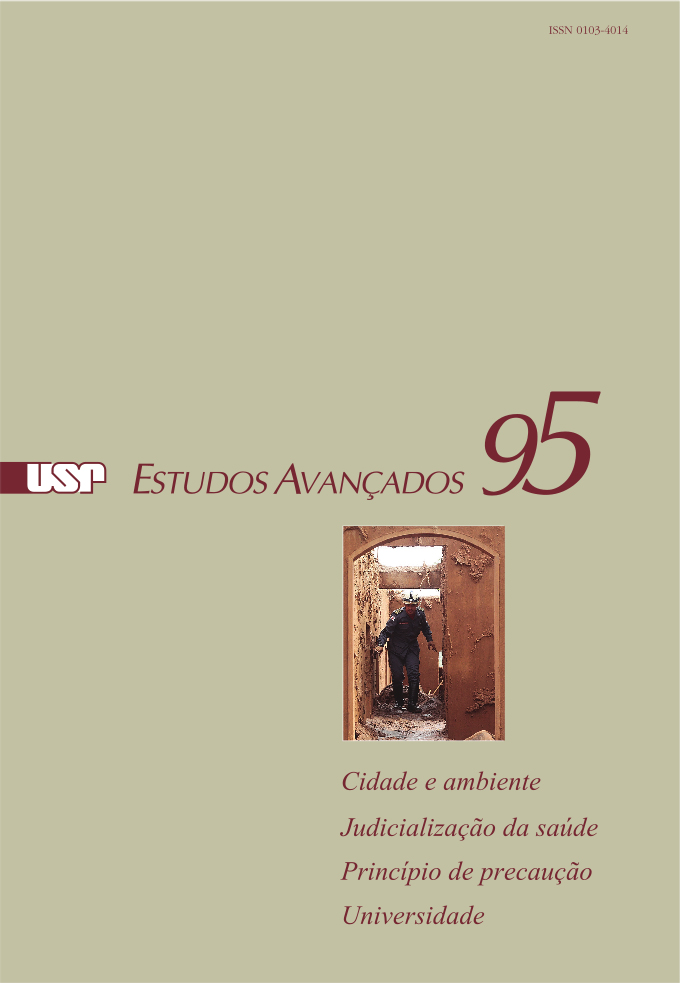Aspectos de regulação internacional do petróleo: o caso Brasil
Keywords:
Royalties, Oil, Sea law, International regulation, United NationsAbstract
This papers seeks to verify aspects of the international regulation of oil, specifically those contained in the 1982 United Nations Convention on the Law of the Sea that refer to the obligation to pay royalties to the United Nations on the exploration by the Brazilian government of hydrocarbons in extended platforms. The deductive method and exploratory and comparative research were used. After identifying how the work was carried out, it discusses the issue of law of the sea and the economic exploitation discourses on the theme, their motivation and the context of work to be investigated. The authors also discuss the issue within the dimension of regulation being almost always absent from the formulation of energy policies. The discussion is grounded on a case study of Brazil and presents the importance of the oil industry, the history of offshore exploration in Brazil, and even the distribution of royalties between the national state and the United Nations. In the development of this issue, possible scenarios are brought to light regarding the future of offshore oil exploration in Brazil and the results of enforcement of international regulation by the 1982 United Nations Convention on the Law of the Sea. Finally, we reach the conclusion that some oil rigs are already located near the 200 nautical miles limit and that the polygon of the pre-salt oils reserves is also entering this limit, demonstrating the need for an impartial reckoning of the pros and cons of Brazil’s position by analyzing possible future scenarios.
Downloads
Downloads
Published
Issue
Section
License
Estudos Avançados não celebra contrato de cessão de direitos autorais com seus colaboradores, razão pela qual não detém os direitos autorais dos artigos publicados. Os interessados em reproduzir artigos publicados na revista devem necessariamente obter o consentimento do autor e atribuir devidamente os créditos ao periódico.


